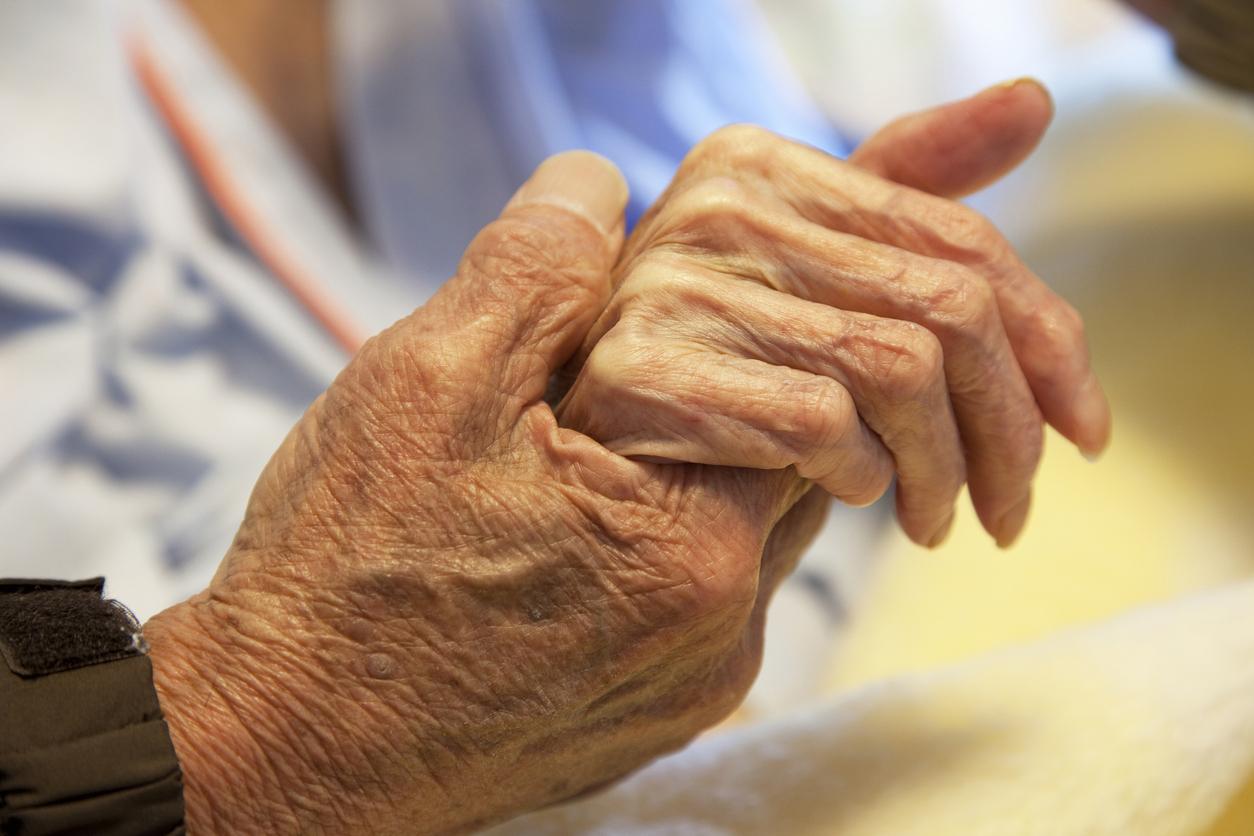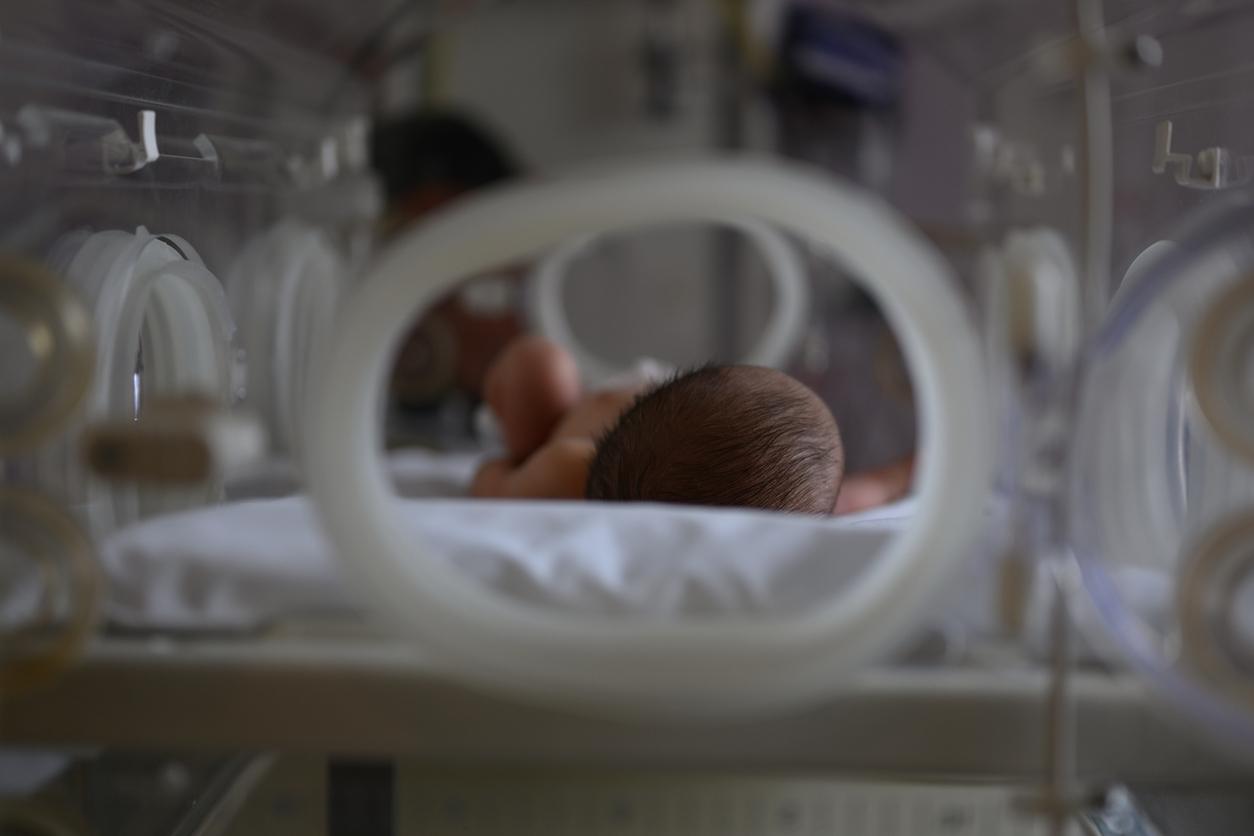Vincent Lambert’s mother challenges the decision to release Dr. Sanchez, prosecuted for “non-assistance to a person in danger” after ordering the cessation of treatment leading to the death of her son.

The legal tunnel seems endless. Plunged into a vegetative state after a road accident in 2008, Vincent Lambert alone symbolizes the debate on the end of life. Blocked in a legal dispute between the members of his family on the follow-up to be given, he died on July 11, a little more than a week after the cessation of treatment keeping him alive.
Yet another legal twist
Vincent Lambert’s parents attacked the Reims University Hospital and Doctor Sanchez, head of the palliative care service and the hospital’s brain injury unit, in May 2019 for “non-assistance to person in danger”. At first instance, the Reims Criminal Court affirmed that Doctor Sanchez and the Reims University Hospital had “perfectly complied with the legal obligations”.
A decision contested by Viviane Lambert and her lawyers, Jean Paillot and Jérôme Triomphe, while the International Committee for the Protection of the Rights of Persons with Disabilities (CIDPH) of the UN, requested by the Lambert parents, had asked in May 2019 to suspend the cessation of treatment pending an examination of the file on the merits.
UN or national courts?
“We believe that the interim measures requested by the UN are mandatory and binding on the French state and Dr. Sanchez,” Jean Paillot, one of Vivane Lambert’s two lawyers, told AFP. “France has ratified the International Convention on the Rights of Persons with Disabilities, these interim measures should apply,” he added.
The Minister of Health, Agnès Buzyn, then felt that she was “not required” to respect this request. The Paris Court of Appeal then ordered the resumption of treatment, a decision quashed by the Court of Cassation which had ruled that the Paris Court of Appeal was not competent. The cessation of treatment was then decided shortly after, on July 2, 2019, and Vincent Lambert died nine days later.
The Leonetti-Claeys law in question
At the heart of this legal case, we find the Leonetti-Claeys law, relating to the rights of patients and the end of life, modified in 2016 largely because of the Vincent Lambert case. His goal is to “make the last part of life as peaceful as possible”. Furthermore, it prohibits “unreasonable obstinacy” and “artificial prolongation of life” by the medical profession, even for patients who are not able “to express their will”.
In its decision, which Viviane Lambert is appealing, the Reims Criminal Court considered that its action had “no other reasons than to oppose the Leonetti-Claeys law” on the end of life. What lawyer Jean Paillot wanted to answer: “I am not opposed in principle to the law (Claeys-Leonetti), but to the application which is made of it to people with disabilities.”
.















